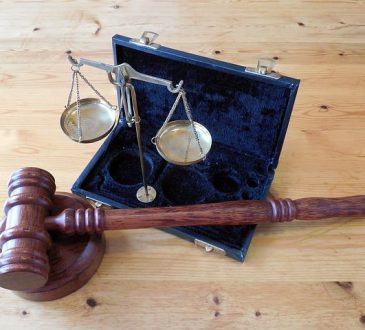Divorce can be a challenging and emotionally taxing process, but when it comes to splitting assets, making informed decisions is crucial for a stable future. Divorce splitting assets is a critical aspect that demands careful consideration. In this article, we’ll explore how smart asset management during divorce can pave the way for financial stability and long-term well-being.

Understanding Divorce Splitting Assets
When couples decide to part ways, the division of assets becomes a significant focus. Divorce splitting assets refers to the process of distributing shared and individual property, investments, and financial resources between spouses. The goal is to achieve a fair and equitable distribution that acknowledges the contributions of both parties during the marriage.
Challenges in Divorce Asset Splitting
Divorce is not only a legal process but an emotional one as well. Emotional factors can complicate decision-making, potentially leading to disputes over asset division. One of the initial challenges is distinguishing between shared and separate assets. It’s essential to differentiate between what was acquired jointly during the marriage and what each individual brought into the union.
Smart Strategies for Asset Management
Navigating divorce asset splitting requires a strategic approach. Seeking assistance from financial advisors who specialize in divorce cases can provide clarity and guidance. Collaborative negotiation and mediation are also valuable tools. These methods promote open communication, enabling couples to find mutually beneficial solutions. Additionally, evaluating the long-term financial implications of different asset distribution scenarios is vital.
Legal Aspects of Divorce Asset Division
Pre-nuptial and post-nuptial agreements play a role in determining how assets are divided in divorce. Legal professionals specializing in family law ensure that the asset division process adheres to legal requirements. Their expertise can prevent complications and streamline the division process.
Protecting Shared Investments
Assets such as real estate and investment accounts require careful attention. Determining how to fairly split these assets requires thorough assessment and valuation. Clear agreements regarding property ownership and investment accounts need to be established to avoid future conflicts.
Safeguarding Individual Financial Future
As couples transition into separate lives, creating an independent financial plan is crucial. Managing debt and liabilities, such as mortgages and loans, is essential for long-term financial security. Having a clear picture of one’s individual financial situation post-divorce is key to making informed decisions.
Embracing Digital Solutions
Technology has revolutionized asset management. Online tools and apps are available to help track, manage, and document assets during divorce proceedings. These platforms promote transparency and accountability, making asset division more manageable and less prone to disputes.
Considering Tax Implications
Divorce asset splitting can have significant tax implications. Some assets may come with tax obligations upon transfer or liquidation. Consulting financial advisors and tax professionals can help in understanding and minimizing these tax burdens.
The Role of Mediation in Asset Division
Mediation provides an opportunity for couples to work together to find amicable solutions. By engaging in open dialogue and focusing on shared goals, couples can often reach agreements that benefit both parties. Mediation can also be less adversarial and more cost-effective compared to litigation.
Long-Term Financial Security
The decisions made during asset division should align with future financial goals. While the immediate focus is on the divorce process, considering the long-term implications of these decisions is equally important. Regularly revisiting the financial plan post-divorce can help ensure ongoing stability.
Conclusion
Smart asset management during divorce is essential for creating a stable and secure future. Divorce splitting assets involves challenges, emotions, and legal complexities, but with informed decisions, professional guidance, and a focus on long-term financial well-being, couples can navigate this process successfully.



